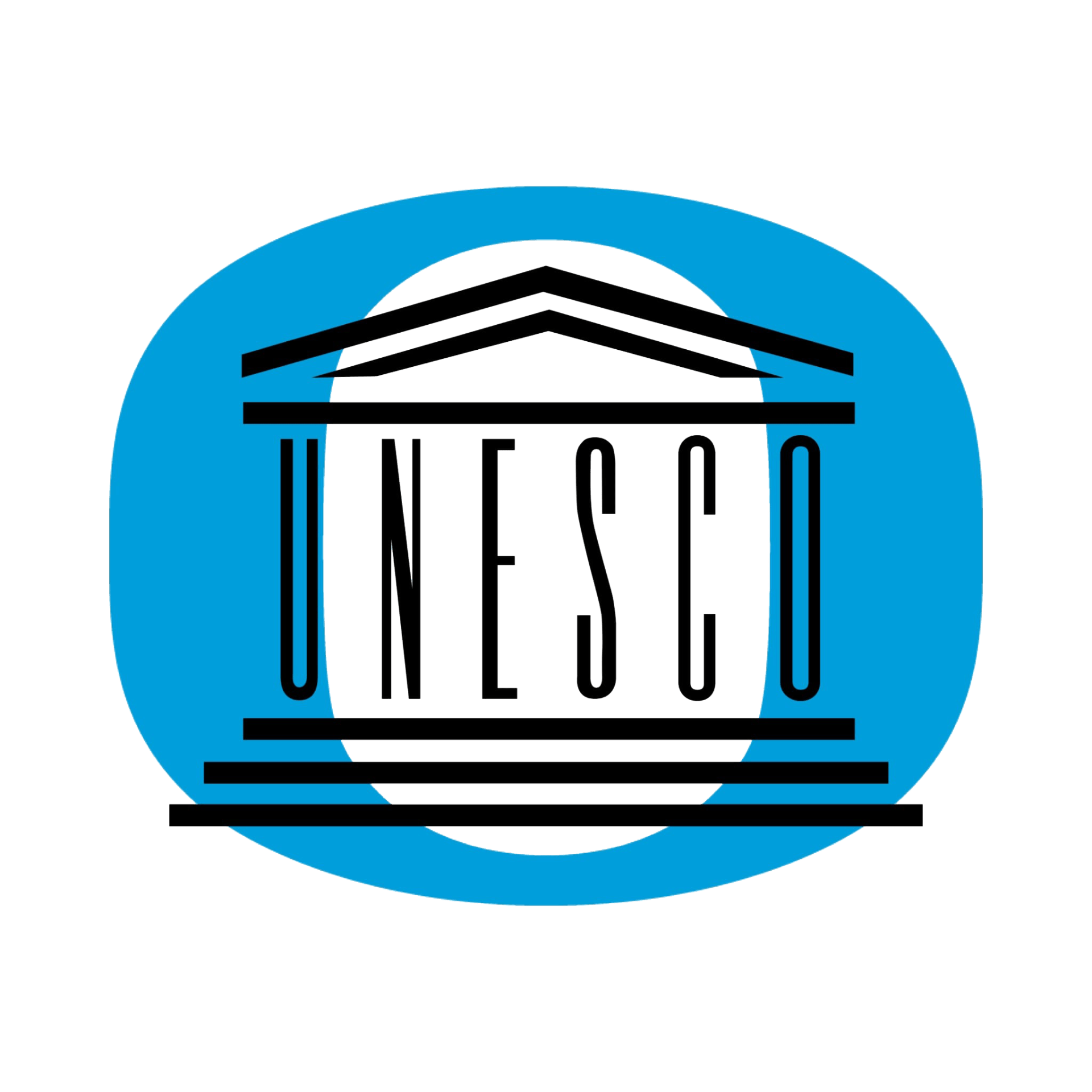By James Lejeune and Sydney Seymour
“AI is an innovative and safe way to bypass the information blockade and hurdles to journalistic content,” said “La Chama,” an AI-generated Venezuelan news anchor.
In Venezuela and other parts of South America, journalists face extreme hostility and censorship. The stories they produce put targets on their backs.
UNESCO’s 32nd Annual World Press Freedom Day offered the stage to journalists and experts worldwide for discussions on the impact of AI on media freedoms and information as a public good. Panelist Carlos Eduardo Huertas, Director of Connectas, a regional newsroom across the Americas, raised concerns about wrongfully detained journalists in South America and threats to journalists who are “just doing their job.”
In the aftermath of the July 2024 Venezuela elections, the government of Venezuelan President Nicolás Maduro has increased persecution and limitations on press freedom. During his 20-year regime, more than 400 media outlets have been closed, as reported by Ivanna Laura Ordoñez of the LatAm Journalism Review in May of last year.
Reporteros Sin Fronteras (Reporters Without Borders), non-profit organization aiming to secure journalistic rights, gave Venezuela a score of 160 — a 4-point jump from last year — in their 2025 Press Freedom Index released earlier this week.
RSF described Maduro’s recent flood of policies as, “opaque.” He freely revokes, sensors and blocks media organizations as part of a large-scale repression of press freedoms across the countries.
To protect the safety of journalists and independent media, reporters in Venezuela have resorted to an uncanny duo to relay factual information to the public.
Connectas, along with 11 other independent media organizations that are part of media initiatives Venezuela Vota and #LaHoraDeVenezuela, launched a project called “Operación Retuit” (Operation Retweet).
Huertas introduced the technological solution, which publishes short social media videos that compile verified news on Venezuela. To ensure Venezuelan journalists can continue publishing news and conceal their identities, these videos are hosted by AI-generated “news anchors,” “El Pana” (The Dude) and “La Chama” (The Girl).

A video series from “La Chama” and “El Pana” on how Venezuelans felt fearful due to repression. To see them discuss the context and environment in which Venezuelan journalists work on World Press Freedom Day, click here.
This type of AI is one of the only ways to get past the censorship of the Maduro Regime imposed on social media platforms while also protecting those who authored the reports relayed by El Pana and La Chama.
Upon introducing themselves, La Chama started to speak in Spanish. Huertas interrupted her to ask her to speak in English, to which she responded with humor: “Sure Carlos, I bet my English is better than yours.”
Then, Huertas posed the question, “Are the advantages of using artificial intelligence to provide the oxygen needed by journalists in Venezuela?”
El Pana said, “Since we are out of-house, we are not reporting in a context in which uncertainty and danger are increased. There are no laws against us.” At this moment in time, AI as a medium is much less affected by the media censorship and attacks from the Venezuelan government.
So far, Operación Retuit has shared information in Spanish, and is now starting to publish videos in English as well. El Pana and La Chama can not only spread fact-checked truth and conceal bylines in Venezuela but internationally, across borders.

